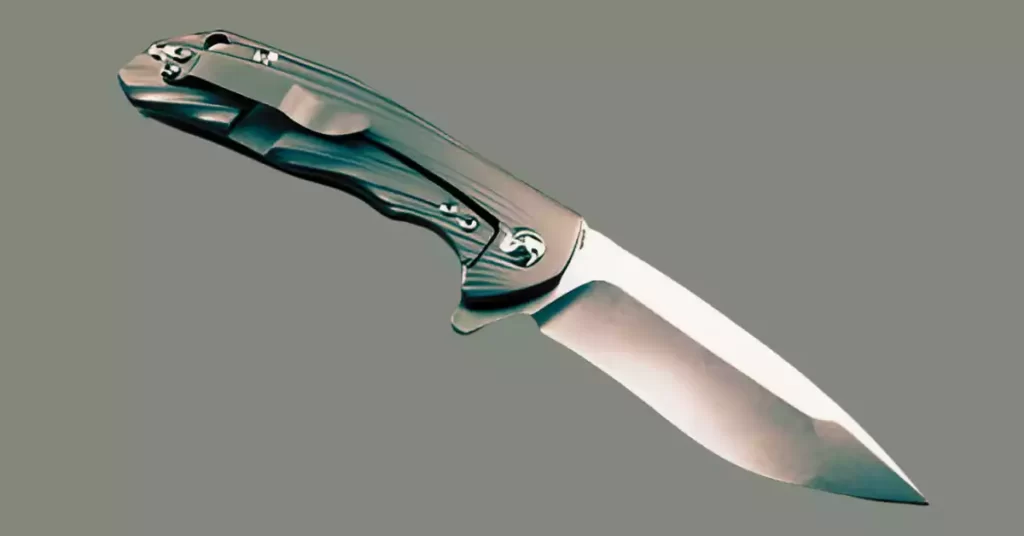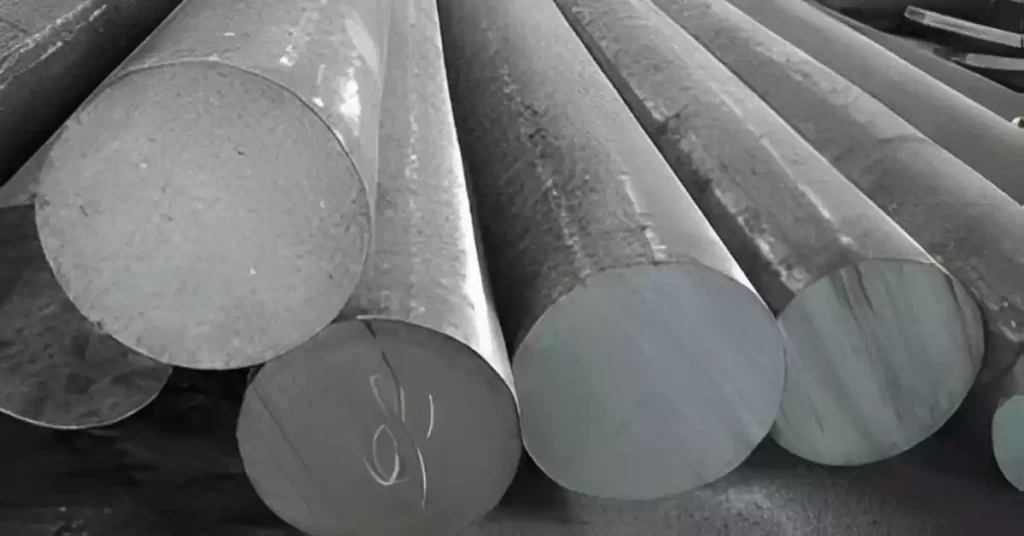Steel is undoubtedly one of the most versatile and vital materials in our world today. It’s used in everything from construction to kitchenware, and its properties can be adjusted to serve a multitude of purposes. One such variant is A2 steel, a popular and common type of air-hardening tool steel known for its exceptional toughness and stability.
A2 steel is best recognized for its balance of various qualities, including excellent wear resistance, good dimensional stability during hardening, and moderate machinability. However, the property that’s most relevant to our discussion today is its corrosion resistance.
Corrosion resistance is a critical characteristic in steel, especially when it’s used in applications exposed to harsh or corrosive environments. A2 steel’s noteworthy resistance to corrosion is what makes it a popular choice in many industries, from automotive to food processing.
The Chemistry Behind Corrosion
Understanding Corrosion
Corrosion, in essence, is the natural process that converts refined metal back into its more stable oxide form. It’s the metal’s way of returning to its natural state, and it’s a process that’s inevitable but manageable.
Corrosion and Metals: A General Overview
Different metals respond to the corrosive process in varied ways, and that’s where A2 steel comes in. Its specific composition, which includes high carbon and chromium content, gives it a unique ability to withstand corrosion to a considerable extent.

The Role of A2 Steel in Corrosion Resistance
Specifics of A2 Steel and Corrosion
A2 steel contains 5% chromium. This chromium content is what provides it with its corrosion-resistant properties. When exposed to air, the chromium in the steel forms a thin, invisible layer of chromium oxide, which prevents further oxidation or corrosion.
Factors that Influence A2 Steel’s Corrosion Resistance
Several factors can impact the corrosion resistance of A2 steel. These include environmental conditions like temperature, humidity, and the presence of certain chemicals. Also, the treatment of the steel and its overall quality can affect how well it resists corrosion.
Comparing A2 Steel’s Corrosion Resistance with Other Steels
Common Steels and Their Corrosion Resistance
Comparatively, the corrosion resistance of A2 steel is superior to carbon steels and other low-alloy steels. However, it might not perform as well in corrosive environments as some stainless steels with higher chromium content.
A2 Steel vs Other Steels: A Corrosion Perspective
Despite not being as corrosion-resistant as high-chromium stainless steels, A2 steel’s balance of corrosion resistance, toughness, and affordability often makes it a preferred choice for many applications.

Pros and Cons of A2 Steel Corrosion Resistance
Advantages of A2 Steel’s Corrosion Resistance
The primary advantage of A2 steel is its impressive corrosion resistance combined with excellent toughness. This balance of properties is rare in many tool steels and makes A2 steel a versatile material in many industries.
Limitations of A2 Steel’s Corrosion Resistance
However, A2 steel’s corrosion resistance is not unlimited. It may fall short in extremely corrosive environments or when exposed to specific corrosive substances.
Common Applications of A2 Steel in Corrosive Environments
Industries Using A2 Steel for Its Corrosion Resistance
A2 steel is widely used in various industries, including automotive, aerospace, and food processing. Its corrosion resistance plays a key role in its selection for many applications in these industries.
Case Studies: A2 Steel in Action
Its use in automotive engines, for instance, showcases its corrosion resistance. The steel must withstand corrosive engine fluids while maintaining its structural integrity.
Ways to Enhance A2 Steel’s Corrosion Resistance
Techniques for Boosting Corrosion Resistance in A2 Steel
While A2 steel has good inherent corrosion resistance, certain treatments can enhance it. Processes like nitriding and protective coating applications can further improve its corrosion-resistant properties.
Expert Opinions: Best Practices for A2 Steel Maintenance
Experts in the field also recommend regular maintenance and inspection to prevent excessive wear or damage that could compromise the corrosion resistance of A2 steel.
The Future of A2 Steel and Corrosion Resistance
Latest Research and Developments
Research is continually underway to improve the corrosion resistance of A2 steel and other tool steels. Novel processes and alloying elements are being explored to further enhance their performance in corrosive environments.
Potential Innovations and Their Implications
Emerging technologies like nanotechnology also offer exciting possibilities for the future of steel production and corrosion resistance.
Frequently Asked Questions
What makes A2 steel corrosion resistant?
A2 steel owes its corrosion resistance to its high chromium content. When exposed to air, the chromium forms a thin layer of chromium oxide that prevents further oxidation.
How does A2 steel compare to other steels in terms of corrosion resistance?
Compared to carbon steels and other low-alloy steels, A2 steel offers superior corrosion resistance. However, it may not perform as well as some stainless steels with higher chromium content in highly corrosive environments.
Can the corrosion resistance of A2 steel be improved?
Yes, through processes like nitriding and applying protective coatings, the corrosion resistance of A2 steel can be further enhanced. Regular maintenance and inspection are also crucial.
Conclusion
Corrosion resistance is an important property in steel, especially in applications exposed to harsh or corrosive conditions. A2 steel’s ability to resist corrosion to a significant extent is what makes it a versatile material in many industries.
While A2 steel is not the most corrosion-resistant steel available, its balanced properties make it a practical choice in many applications. It performs impressively against corrosion compared to carbon steels, and while it may not outperform high-chromium stainless steels in this area, its combination of toughness, wear resistance, and affordability often tips the balance in its favor.
Ultimately, the choice of steel will depend on the specific requirements of the application. With continued research and technological advances, we can anticipate further improvements in the corrosion resistance of A2 steel and other tool steels, enabling us to better harness their potential and address the challenges of corrosion in various industries.
